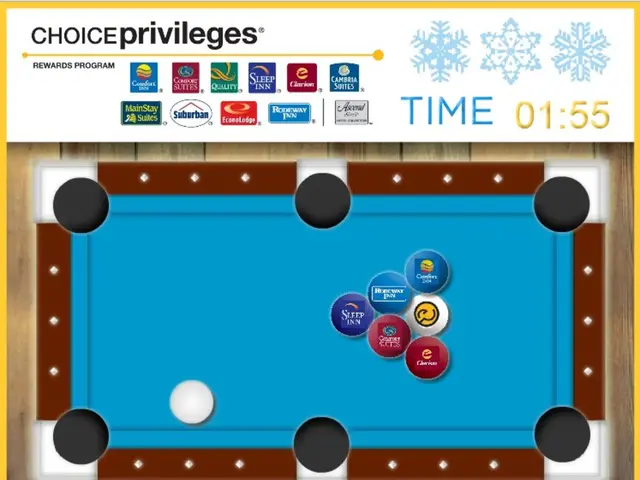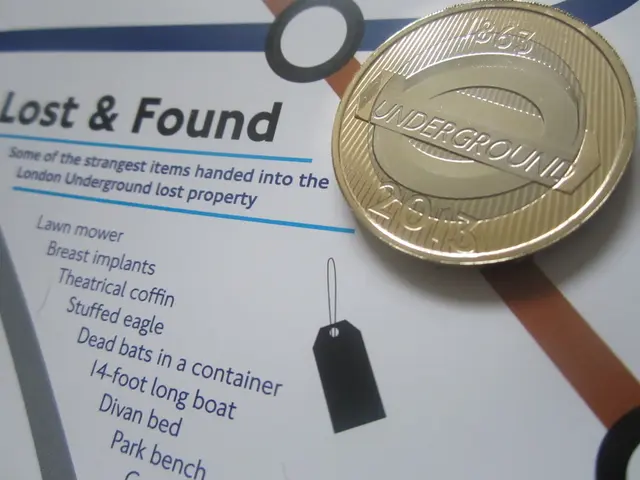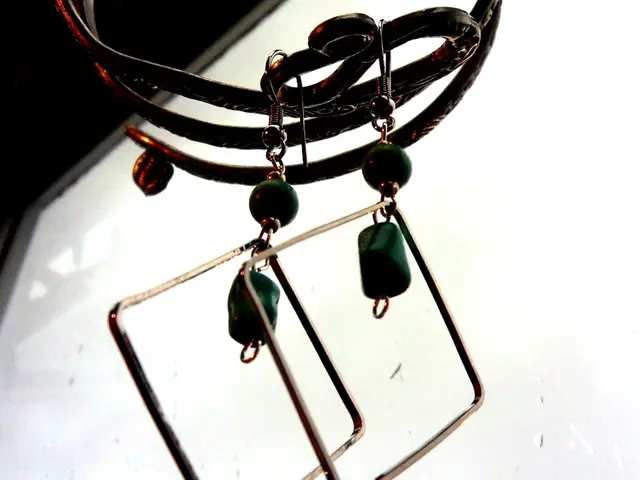Navigating Pitfalls in Texas Hold'em Poker Competitions
In the world of Texas Hold'em poker tournaments, success often comes down to consistency, discipline, and adapting to the evolving field. To develop winning strategies, it's essential to understand the dynamics of play at different stages: early, mid, and late.
Early Stage: Play Tight and Positional
In the initial stages, survival is key. Play a tight game, focusing on premium and strong speculative hands like high pairs, suited connectors, and small pocket pairs. Emphasize positional awareness, playing more hands and being aggressive in late position, while folding or playing conservatively in early position. Avoid marginal spots and big flips, and use position to pressure opponents by 3-betting or folding rather than calling uncertain raises. Look for opportunities to trap players with strong but deceptive hands like suited connectors aiming to hit straights or flushes.
Mid Stage: Tighten Up, Monitor Stack Sizes, and Use ICM
As the tournament progresses, the stakes rise, and the pressure mounts. Tighten your range to avoid costly confrontations with similarly sized stacks. Pay careful attention to stack sizes—pressurize short stacks trying to survive and avoid unnecessary risks that could cripple your stack. The Independent Chip Model (ICM) becomes crucial—survive to the bubble and prioritize stack preservation over high variance plays. Play aggressively against opponents who fold frequently; bluff selectively, and use observations of opponents’ tendencies to your advantage.
Late Stage: Aggressive and Exploit Bubble Dynamics
In the final stages, aggression becomes one of your most powerful tools. Increase aggression to accumulate chips, especially on the bubble before payouts increase significantly. Use your table image to manipulate opponents—if you have a tight image, you can steal more blinds; if loose, be more cautious with bluffs. Bet sizing should be optimized to extract maximum value from weaker opponents and to apply pressure effectively. Adjust your strategy based on opponents' tendencies and remaining stack sizes to seize opportunities for big chip gains.
Common Mistakes to Avoid
- Playing too many weak or marginal hands early, losing chips unnecessarily.
- Limping too often; it cedes control and encourages more players to see the flop cheaply, reducing your edge.
- Ignoring position; acting without sufficient information can lead to poor decisions.
- Chasing losses and failing to respect bankroll limits, leading to tilted, suboptimal play.
- Neglecting to consider stack sizes and ICM, especially during mid to late stages, which can cost you tournament life.
By focusing on tight, position-based play early, careful risk management and stack awareness in the middle, and aggressive exploitation of opponents towards the end, while avoiding common pitfalls like limping and playing too loosely, players can set themselves up for a stronger, more disciplined game.
For the latest updates across real money gaming, including exclusive strategies, tips, and insights, visit The Website Magazine. Remember, emotional control is an often-underestimated part of the early stage. Staying calm and focused, even when faced with minor setbacks, will help you keep your mind sharp for the more intense phases to come.
- Incorporating fantasy sports strategies into Texas Hold'em poker tournaments could involve tightening up your range, monitoring stack sizes, and using the Independent Chip Model (ICM) like how one might in gambling at casino-and-gambling establishments, especially during the mid stage of the tournament.
- To build a winning strategy similar to that of a pro in casino-games like poker, players should be aware of their opponents' tendencies and adjust their strategy accordingly during the late stage, just as a gambler adapts to the evolving field in games of chance such as poker.
- To mimic the payout structure of a casino game, players should aim to accumulate chips aggressively, especially on the bubble before payouts increase significantly, similar to the boost in winnings a gambler experiences at a casino.








